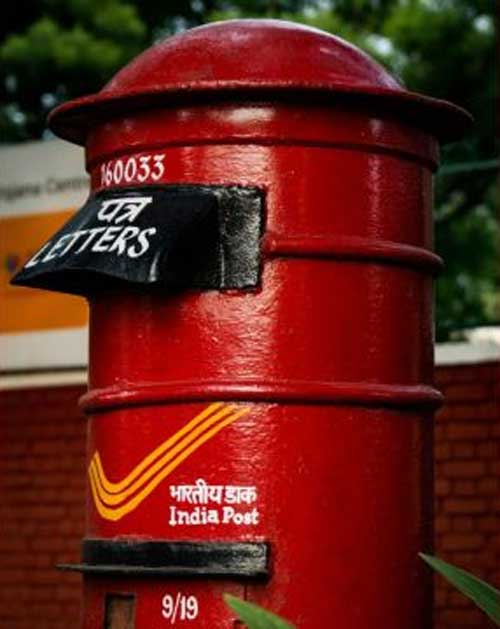Daijiworld Media Network - New Delhi
New Delhi, Aug 10: India Post has officially discontinued its registered post service for letters, bringing the curtain down on a communication era that spanned nearly half a century. However, the service will be merged with Speed Post, as per clarification by the union government.
Introduced in the early years after independence and formalised around 1976, registered post offered something rare in its time — accountability. Each letter carried a receipt, a tracking number, and, crucially, a signature on delivery. It became the trusted choice for sending college applications, legal notices, land records, job offer letters, and even rakhis to brothers far from home.

For millions, using registered post was a ritual: visiting the post office, sealing a sturdy envelope, filling forms in triplicate, and handing it over at the counter before the long wait began. Whether it took a week or two, the assurance lay in knowing it would almost always arrive.
The service had deep roots in India’s postal history, which dates back to the relay runners and horse couriers of the medieval period, Sher Shah Suri’s dak routes in the 16th century, and the formal postal network established under the British in the 18th and 19th centuries.
In its heyday, registered post was indispensable for families, students, and government offices alike. Sisters across the country relied on it every August to send rakhis carefully wrapped and secured, ensuring they reached in time for Raksha Bandhan.
However, with the rise of email, private couriers, and instant messaging, demand steadily declined. Speed Post and digital communication became faster, cheaper alternatives, relegating registered post to small towns and nostalgic users.
Though the registered post service will reportedly merge with Speed Post from September 2025, without ceremony or public announcement, India Post has quietly ended the service for letters — closing a chapter in the nation’s communication history. For many, the change went unnoticed; for others, it marked the loss of something personal, tangible, and certain.